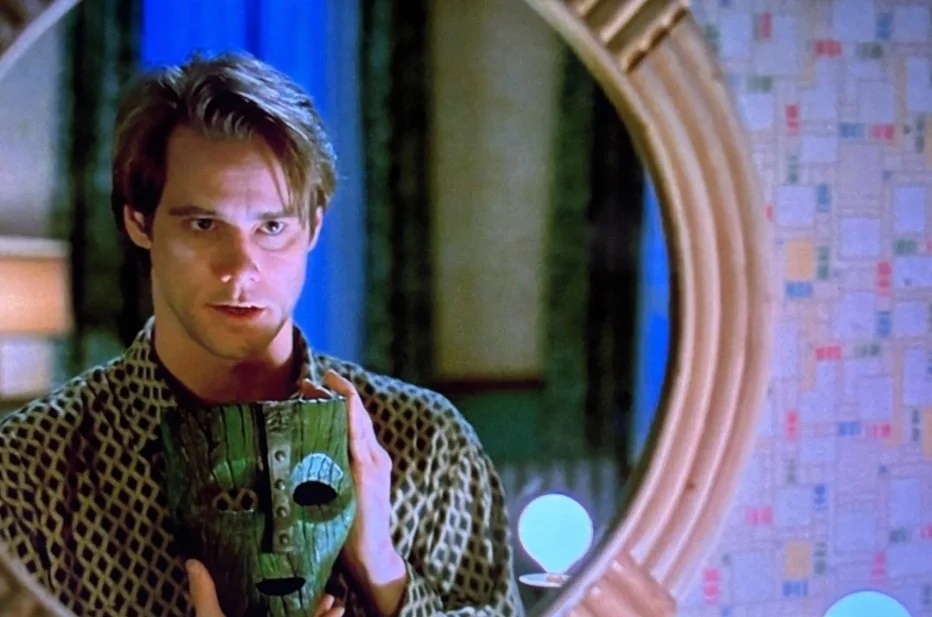I was a panelist at the EnneaSummit 2024 for the Enneagram Practitioner Panel.
In this panel, we share our experiences and observations about what different Enneagram types think they need in therapy, what they actually need, and some important growth steps so they can grow beyond their type.



















